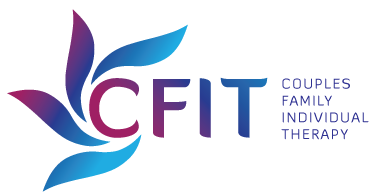Crystalize Life After Breaking Up with Tina
/Neil Sedaka sang “Breaking Up is Hard to Do” decades ago, and many men face a combination of financial challenges, social adjustments, career changes and new relationships when letting go of crystal meth use. Obtaining several consecutive months of clean time may feel overwhelming, and many men report getting high again in spite of all the best intentions to stop using.
This group is not centered on how you got there, but HOW the group members will break away from the vicious cycle of drug use consequences, and whom will truly be supportive of choosing drug free living. Engaging in recovery groups such as Crystal Meth Anonymous is strongly encouraged to supplement group participation.
Crystal meth use for most gay and bi men also involves the “party and play” sex scene. The group will address how to establish friendships that are not based on sex or on using drugs together, how to create a fun and healthy sexual relationship with a partner, and how to develop a set of friends that support your break up with Tina.
Should you know someone that is considering stopping the problems associated with using crystal meth, please share this flyer. The cost of attending is $30 per group and is limited to six members. Contact me at dnelson@ftlcfit.com or 954 789 9061 should you wish to schedule an assessment for enrollment. Group begins on Monday, March 2nd.


